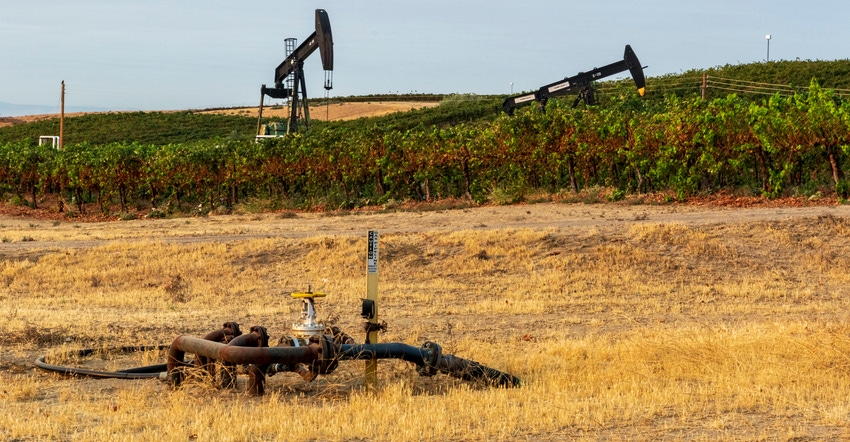
I saw a report that wheat prices, year-over-year, are up nearly 100%. There's talk about Ukraine's agricultural production that suggests those prices could go higher because of the Russian invasion.
Ukraine produces about 26.2 metric tons of wheat annually, compared to 47.3 metric tons in the U.S. China is said to lead the world with 134.3 metric tons annually. India and Russia produce more wheat than the U.S.
Meanwhile, U.S. agricultural exports are said to be suffering as reports that empty containers are being favored for return to Asia continue. It's said to be quicker to send them empty to Asia to be refilled more quickly with consumer goods destined for the United States.
The fast run-up of U.S. inflation in the wake of the 2020 election could put a hiccup in the goal of foreign importers to send more consumer goods to the United States and further expand the trade imbalance we have with countries like China. The rapid spike of gas and diesel prices here will surely force consumers to make hard decisions about where they spend their money.
Related: Inflation to persist amid energy, supply woes
U.S. consumers are being crushed right now at the gas pump, in the grocery store, and elsewhere. Wages that some thought would rise again in a post-COVID world remain stalled, despite reports of record profits among some companies.
Reports that the Consumer Price Index is well above 7.8% are not surprising. Yet, this number, is what the Federal Reserve will use to justify raising interest rates to slow inflation.
Food inflation is much closer to the overall number at 7.4% for in-home uses and 6.4% for restaurants, according to the federal government. The big number is energy, up 40. Energy service costs are up 13.6%. California residents know this too well as the public utilities there continually raise rates.
As inflation heats up, 64% of Americans are living paycheck-to-paycheck, according to media reports. Inflation in the housing and rental markets are pushing more potential first-time buyers to the curb. Rental prices continue to increase by double-digit percentage points. Furthermore, Fox Business reports that real wages are dropping faster today than they did in the prior two recessions because wage growth is simply not happening.
American farmers are being pinched by rising fuel, fertilizer, and input costs at a time when their ability to export those goods is greatly reduced. Blaming farmers for rising food costs is misguided at best.
Related: Rabobank: Ukraine crisis will have ripple effects in ag, energy
Add in the increase in dairy prices and this bodes poorly for consumers as staples like butter and cheese rise to new levels. As the buying power of consumers dwindles, certain items will surely be left on store shelves and restaurants will likely see reduced traffic.
Rising food and energy costs should serve as a wake-up call to misguided U.S. policy, which favors imports over U.S. production. Restricting domestic oil production and purchases from more friendly neighbors like Canada, coupled with unnecessary policies that reduce irrigation supplies from farmers does not help U.S. consumers and American farmers. It puts the country in a bad position when geopolitical tensions rise.
About the Author(s)
You May Also Like






